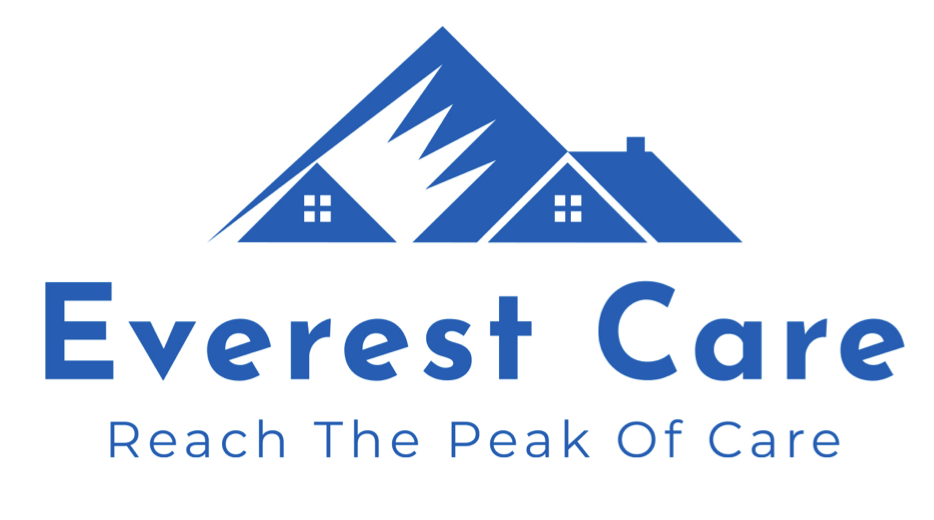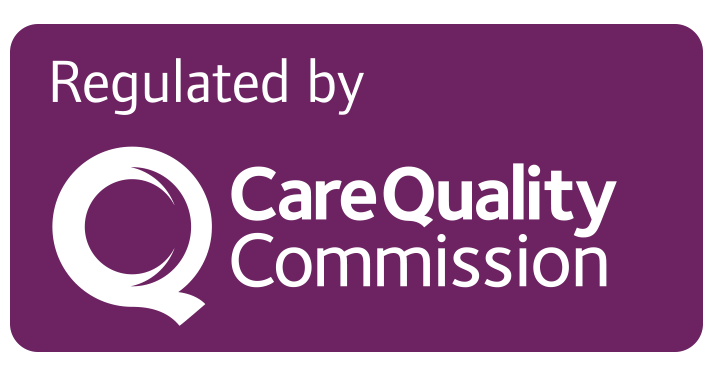Managing medications can be challenging, especially for older adults who often have multiple prescriptions. Taking the right medications at the right time is essential for maintaining good health and avoiding serious health complications. Unfortunately, medication errors can occur, leading to missed doses, harmful side effects, or worse.
In this blog, we’ll discuss how proper medication management can help reduce the risk of errors and improve safety for seniors. We’ll also look at practical steps families and caregivers can take to make sure their loved ones are following their prescribed medication plans correctly.
Why Medication Management is Important
For many seniors, medication management is a critical part of staying healthy. As people age, they often develop long-term conditions like diabetes, high blood pressure, or arthritis, which require regular medication. In some cases, seniors may be taking multiple medications at once, known as polypharmacy.
For many seniors, medication management is a critical part of staying healthy. As people age, they often develop long-term conditions like diabetes, high blood pressure, or arthritis, which require regular medication. In some cases, seniors may be taking multiple medications at once, known as polypharmacy.
When there’s no system in place to manage medications, seniors are at a higher risk of:
- Missing doses or taking extra doses by mistake.
- Taking medications that may interact negatively with each other.
- Suffering side effects that can impact their quality of life.
- Developing complications from taking incorrect doses.
To avoid these risks, it’s important for families and caregivers to take steps to help seniors with their medication management. With the right support, seniors can stay on track and feel confident that they’re taking their medications safely.
Common Medication Management Challenges
Several factors can make medication management difficult for seniors:
- Memory Problems: Conditions like dementia or Alzheimer’s can make it hard for seniors to remember to take their medication.
- Multiple Medications: Taking several medications throughout the day can be confusing, especially if doses are required at different times.
- Vision or Hearing Loss: Poor eyesight or hearing difficulties can make it hard for seniors to read labels or hear instructions from healthcare professionals.
- Physical Limitations: Some seniors may have trouble opening pill bottles, cutting tablets, or swallowing their medication due to physical challenges.
Families and caregivers can address these challenges by putting systems in place to support seniors and help reduce the risk of errors.
Steps to Improve Medication Safety
Taking a proactive approach to medication safety can greatly reduce the risk of errors. Here are some simple steps that families and caregivers can follow to make sure seniors are managing their medications properly:
1. Keep a Medication List
One of the easiest ways to track medications is to maintain an up-to-date list of all prescriptions, including the name of each medication, the dosage, and how often it should be taken. This list should also include any over-the-counter medications, supplements, or herbal remedies the senior is taking.
The medication list should be easily accessible and shared with all caregivers, family members, and healthcare providers. This way, everyone involved in the senior’s care knows exactly what medications they are taking, which helps reduce the risk of errors or drug interactions.
2. Use a Pill Organizer
Pill organizers are a simple and effective tool to help seniors manage their medications. These containers are divided into sections for each day of the week and often include morning, afternoon, and evening slots for medications. Using a pill organizer ensures that seniors take the right pills at the right time, reducing the risk of missed or double doses. Caregivers or family members can fill the organizer each week, making it easy for seniors to follow their medication schedule.
3. Set Reminders
For seniors who may forget to take their medications, setting daily reminders can be a big help. There are several ways to do this, from setting alarms on mobile phones to using dedicated medication reminder apps. These apps send notifications to remind seniors when it’s time to take their medication and can also track their progress over time. If your loved one isn’t comfortable with technology, a simple written schedule or a reminder from a caregiver can also work well.
4. Regularly Review Medications with a Doctor
Regular reviews with a healthcare professional are essential for keeping seniors safe. Doctors can help identify any unnecessary medications and reduce the risk of harmful drug interactions. They can also adjust dosages if needed and ensure that the medication plan is working effectively for the senior.
Encourage your loved one to bring their medication list to each doctor’s appointment. This way, the doctor can make sure that all medications are still necessary and that there are no potential interactions between prescriptions.
5. Encourage Open Communication
One of the best ways to ensure medication safety is by maintaining open communication between the senior, their family, caregivers, and healthcare providers. Encourage your loved one to ask questions if they don’t understand their medication instructions and to report any side effects or issues as soon as they notice them.
Caregivers should also communicate regularly with healthcare providers about any changes in the senior’s condition, especially if they are having trouble managing their medications. This can help prevent serious issues before they occur.
How Everest Care Can Help with Medication Management
At Everest Care, we understand how important medication management is for seniors and their families. Our experienced caregivers can assist with every aspect of medication management, from preparing pill organizers to providing reminders and helping with daily administration. We work closely with families and healthcare professionals to ensure that each client’s medication plan is followed carefully and safely.
With Everest Care, you can feel confident that your loved one’s medications are being managed properly, reducing the risk of errors.
Conclusion
Medication management is an essential part of caring for seniors, especially those with multiple prescriptions or complex health conditions. By taking steps to track medications, set reminders, and communicate with healthcare professionals, families and caregivers can help reduce the risk of errors and keep their loved ones safe.
If you or your family are looking for support with medication management, Everest Care is here to help. Our compassionate caregivers are trained to assist with all aspects of medication management, providing peace of mind for both seniors and their families.


